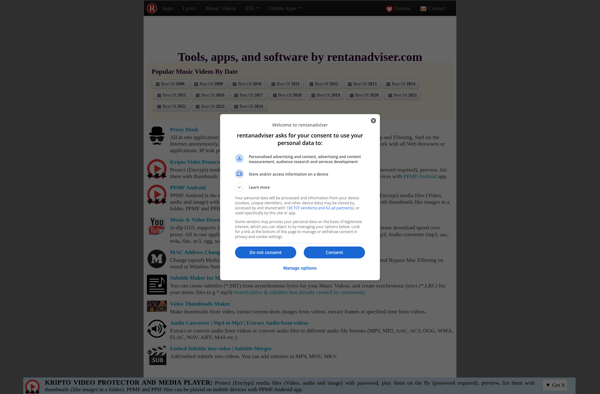BitDust
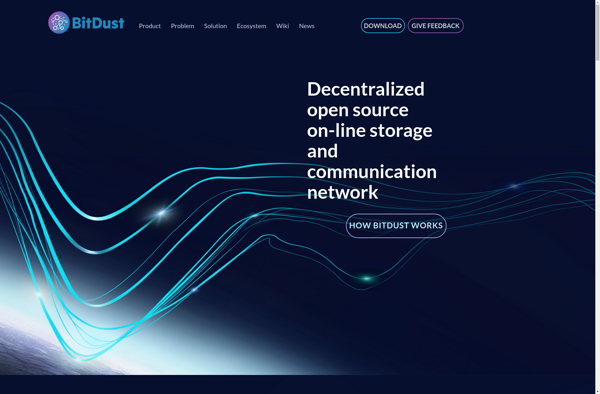
BitDust: Distributed Peer-to-Peer Storage Network
Control your private data, share securely with friends, and collaborate on a decentralized file sharing application - learn more at Sugggest
What is BitDust?
BitDust is an open-source peer-to-peer distributed online storage network and file sharing application. It enables users to control access to their private data, and easily share data with trusted friends. BitDust also allows users to contribute unused hard drive space to create a global distributed data storage network.
Some key features of BitDust include:
- Encrypted private data storage and sharing
- Distributed data storage network powered by users contributing storage capacity
- Ability to store data in a redundant and secure way across multiple devices
- Decentralized architecture with no central point of failure or control
- Open-source codebase maintained by a community of developers
By distributing data across many nodes in the BitDust network, the system is designed to be resilient, avoiding single points of failure. The decentralized nature also makes censorship of data very difficult. Overall, BitDust offers users more control, security, and privacy over their data than closed corporate cloud storage solutions.
BitDust Features
Features
- Distributed data storage
- End-to-end encryption
- Sharing data with friends
Pricing
- Open Source
Pros
Cons
Official Links
Reviews & Ratings
Login to ReviewThe Best BitDust Alternatives
Top Security & Privacy and Encrypted File Sharing and other similar apps like BitDust
Here are some alternatives to BitDust:
Suggest an alternative ❐Freenet
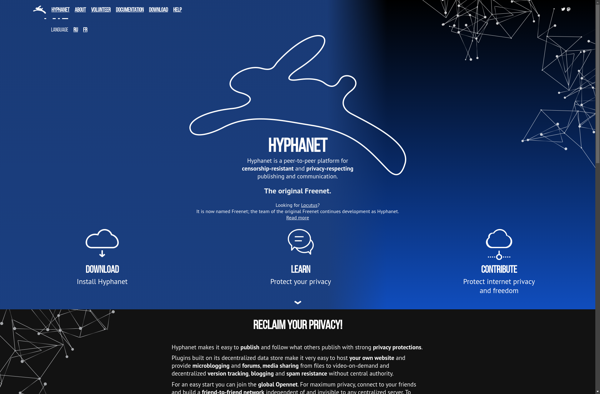
I2P
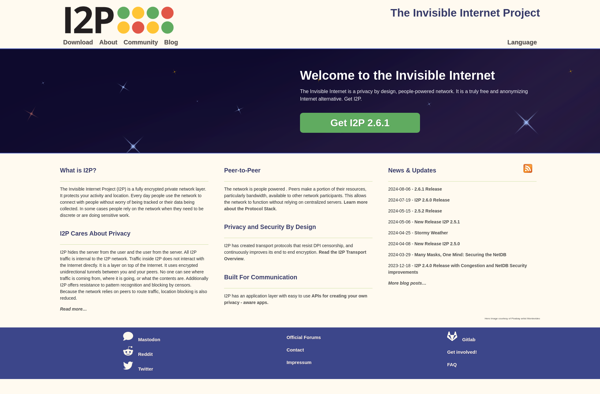
IPFS
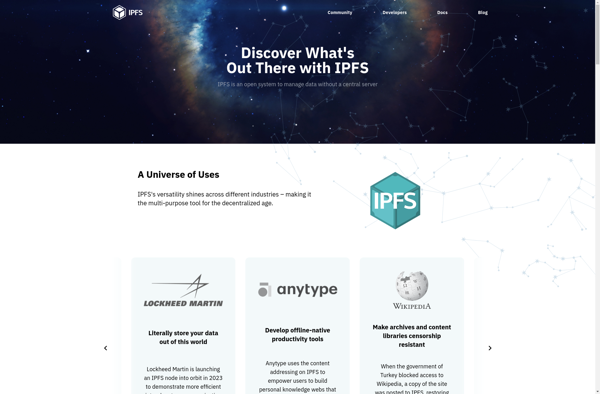
ZeroMe
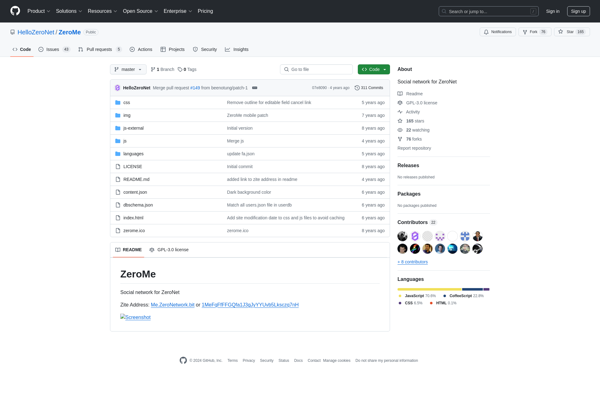
Decentralized Internet

I2pd (I2P Daemon)

GNUnet
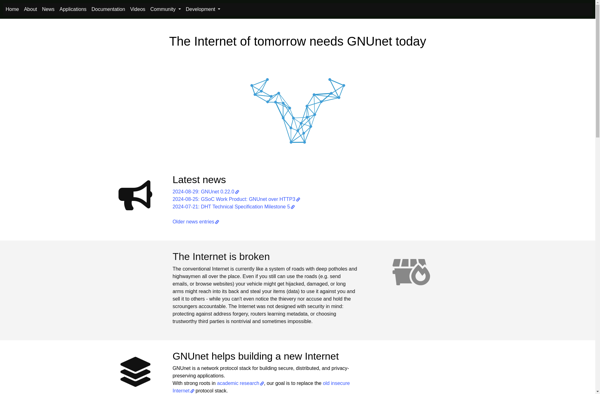
Snowflake Tor
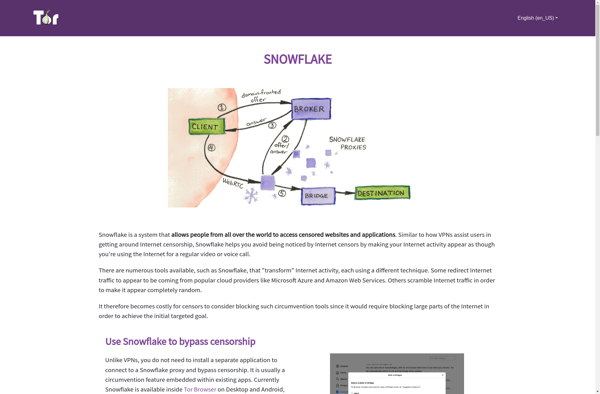
Proxy Mask
